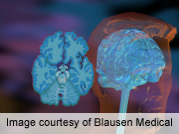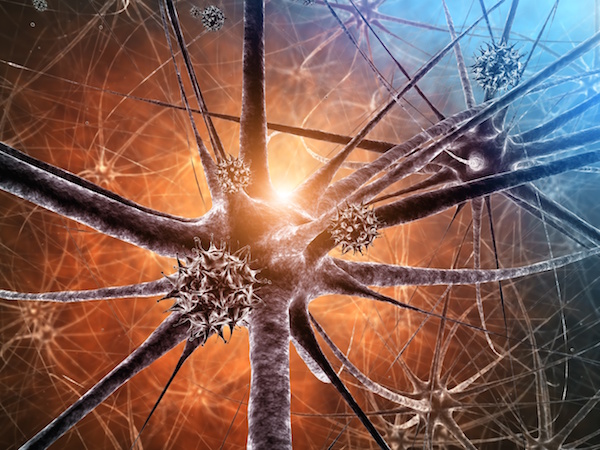
TUESDAY, Jan. 24 (HealthDay News) — Psychedelic mushrooms may point to new ways to treat depression, suggest two small brain imaging studies that seem to show how psilocybin — the active ingredient in such mushrooms — affects the brain.
One study included 30 healthy people who had psilocybin inserted into their blood while magnetic resonance imaging (MRI) scanners measured changes in their brain activity. The scans revealed that psilocybin caused decreased activity in what the researchers described as the brain’s “hub” regions — areas especially well-connected with other areas.
That study was published in this week’s issue of the Proceedings of the National Academy of Sciences.
The second study included 10 healthy volunteers and found that psilocybin boosted their recall of personal memories and their emotional well-being for up to two weeks. The researchers said this suggests that psilocybin might prove useful as an adjunct to psychotherapy. That study will be published online Thursday in the British Journal of Psychiatry.
A study published last year found that people with anxiety who received a single psilocybin treatment had lower depression scores six months later.
David Nutt, who’s with the Department of Medicine at Imperial College London, was the senior author of both of the new studies.
“Psychedelics are thought of as ‘mind-expanding’ drugs, so it has commonly been assumed that they work by increasing brain activity, but surprisingly, we found that psilocybin actually caused activity to decrease in areas that have the densest connections with other areas,” Nutt said in a college news release. “These hubs constrain our experience of the world and keep it orderly. We now know that deactivating these regions leads to a state in which the world is experienced as strange.”
The impact of psilocybin reported by the study participants — such as seeing “geometric” patterns, experiencing an altered sense of time and space, and unusual physical sensations — correlated with a decreased flow of oxygen and blood to parts in the brain’s posterior cingulate cortex and medial prefrontal cortex (mPFC), the study authors said.
It’s thought that the posterior cingulate cortex plays a role in consciousness and self-identity. Research has shown the medial prefrontal cortex to be especially active in people struggling with depression, so psilocybin’s effect on this area of the brain could be responsible for some of the antidepressant effects reported in previous research, the study authors said.
Nutt and his colleagues also found that psilocybin reduced blood flow in the hypothalamus, where blood flow increases in people with cluster headaches. Some headache sufferers have reported that psilocybin improved their symptoms.
“Psilocybin was used extensively in psychotherapy in the 1950s, but the biological rationale for its use has not been properly investigated until now. Our findings support the idea that psilocybin facilitates access to personal memories and emotions,” Dr. Robin Carhart-Harris, from the Department of Medicine at Imperial College London, and first author of both studies, said in the news release.
“Previous studies have suggested that psilocybin can improve people’s sense of emotional well-being and even reduce depression in people with anxiety. This is consistent with our finding that psilocybin decreases mPFC activity, as many effective depression treatments do. The effects need to be investigated further and ours was only a small study, but we are interested in exploring psilocybin’s potential as a therapeutic tool,” Carhart-Harris added.
The study authors reiterated that both trials contained small numbers of participants, and further research into psilocybin’s effects on the brain is needed.
More information
The U.S. National Institute of Mental Health has more about depression.

